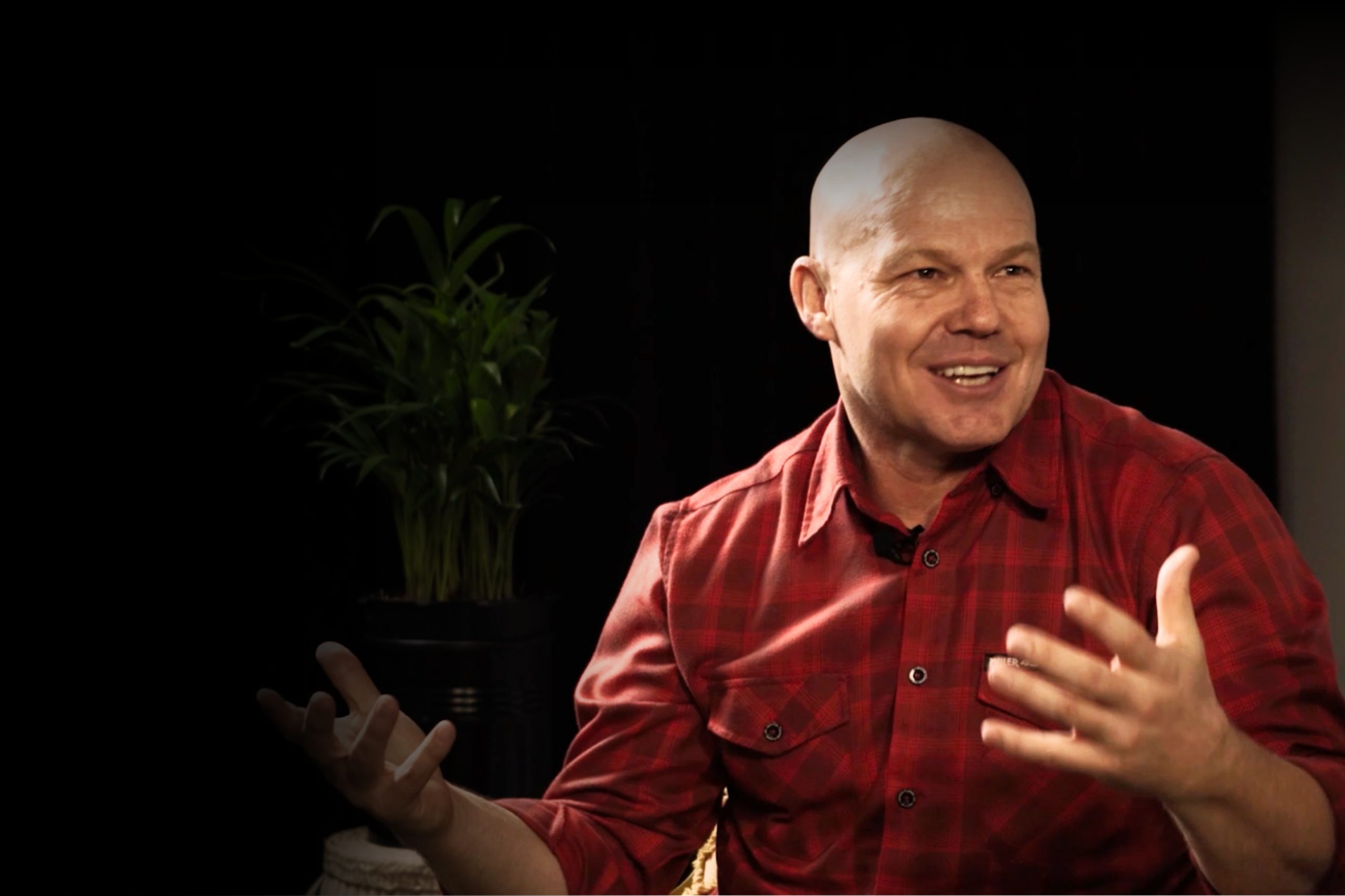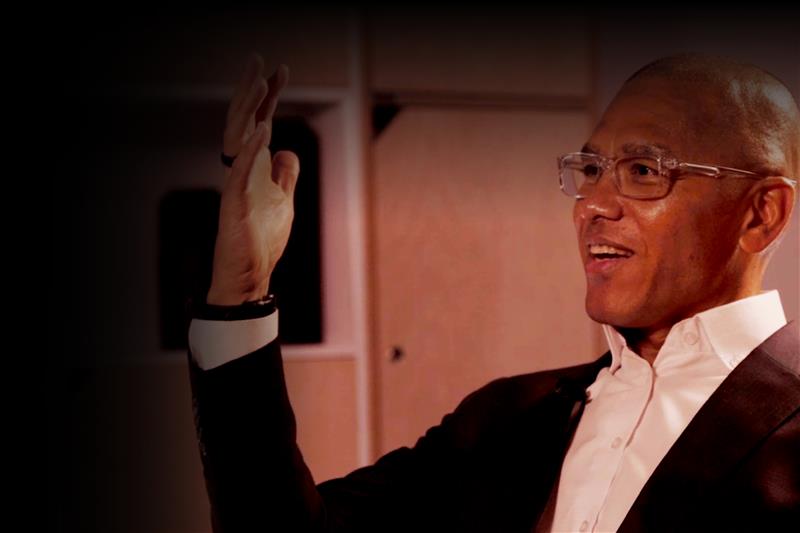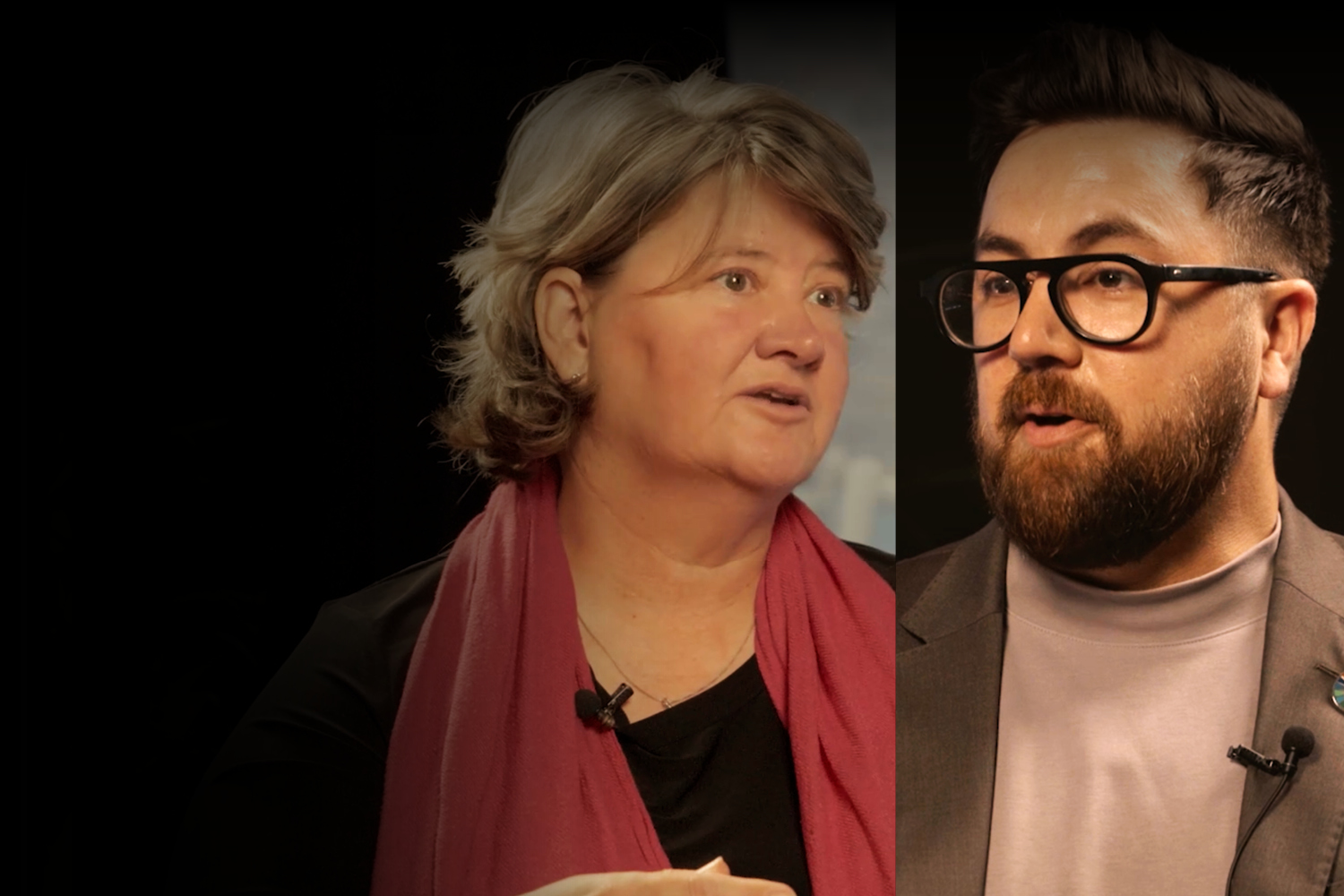Listen to podcast
In an era defined by rapid change and unprecedented challenges, the ability to navigate uncertainty is critical. As professionals, we are often expected to have all the answers, but sometimes, “I don’t know” is the most intelligent response.
We often hear about the importance of resilience, but what does it truly mean?
In the context of sustainability, it’s closely tied to adaptation – our capacity to withstand and recover from the impacts of climate change and other systemic shocks. This extends beyond the physical resilience of buildings and infrastructure to encompass the mental and psychological resilience of individuals.
For example, imagine a coastal community facing rising sea levels. Building seawalls and relocating critical infrastructure demonstrates physical resilience. But equally important is the community’s ability to adapt, to come together and support each other through the emotional and psychological challenges brought on by these changes.
The uncertainty paradox
While professionals are often trained to provide definitive answers, in a world saturated with uncertainty, acknowledging the limits of our knowledge is crucial. “I don’t know,” can be the most intelligent and humble response.
In my work with corporate leaders, I often encounter this challenge. When discussing complex issues like climate change, I’m frequently met with skepticism and counterarguments. Instead of asserting my expertise, I engage in a dialogue, encouraging them to consider different perspectives and evidence-based research.
True resilience lies in accepting uncertainty, embracing complexity, and guiding others through the maze of modern challenges. It requires a shift in mindset – from fearing the unknown to craving complexity and seeking deeper understanding.
The power of perspective
Maintaining optimism in the face of adversity is essential. As professionals, we have a responsibility to cultivate a positive outlook, especially considering the relative privilege of our positions compared to those facing more immediate hardships.
This resonates with my own experience. When faced with daunting challenges, I often remind myself of the tennis player Boris Becker, who, after a tough loss, emphasised the importance of perspective. “I’ve just lost a tennis match,” he said, highlighting that others face far greater struggles.
Empathy as a foundation
Empathy and psychological safety are critical in building resilient relationships. By demonstrating genuine care and asking insightful questions, we can establish trust and create a foundation for effective communication and support.
This is particularly important in fields like financial advising, where clients often grapple with complex information and emotions. Building trust and understanding the human dimension behind the financial advice is critical.
It’s about recognising that we’re all navigating this complex world together. By building genuine human connection, we can create a sense of safety and support that enables collective resilience.
The keys
– Embrace complexity: Don’t shy away from the intricate nature of our world; instead, champion a mindset that seeks to understand and engage with complexity.
– Cultivate optimism: In the face of uncertainty, choose optimism. It’s a radical act that can fuel progress and inspire hope.
– Value soft skills: Go beyond technical expertise and develop emotional intelligence and soft skills to navigate the human dimension of professional interactions.
– Build trust and empathy: Grow genuine connections by demonstrating care and understanding, building trust and psychological safety.
As we navigate an increasingly complex world, embracing uncertainty and “not knowing” becomes a superpower.
It allows us to remain adaptable, open-minded, and resilient in the face of challenges.
More about Professor Richard Calland
A renowned expert in law, politics, and sustainability, Richard Calland brings 30 years of experience to his role as Director of CISL South Africa. He is a Fellow of the University of Cambridge’s Institute for Sustainability Leadership and a Founding Partner of The Paternoster Group: African Political Insight. Calland is a prominent political analyst and author of several books, including “The Presidents: From Mandela to Ramaphosa, Leadership in The Age of Crisis.” He also co-founded the Sustainability Education initiative, which promotes the integration of sustainability into education systems globally.











